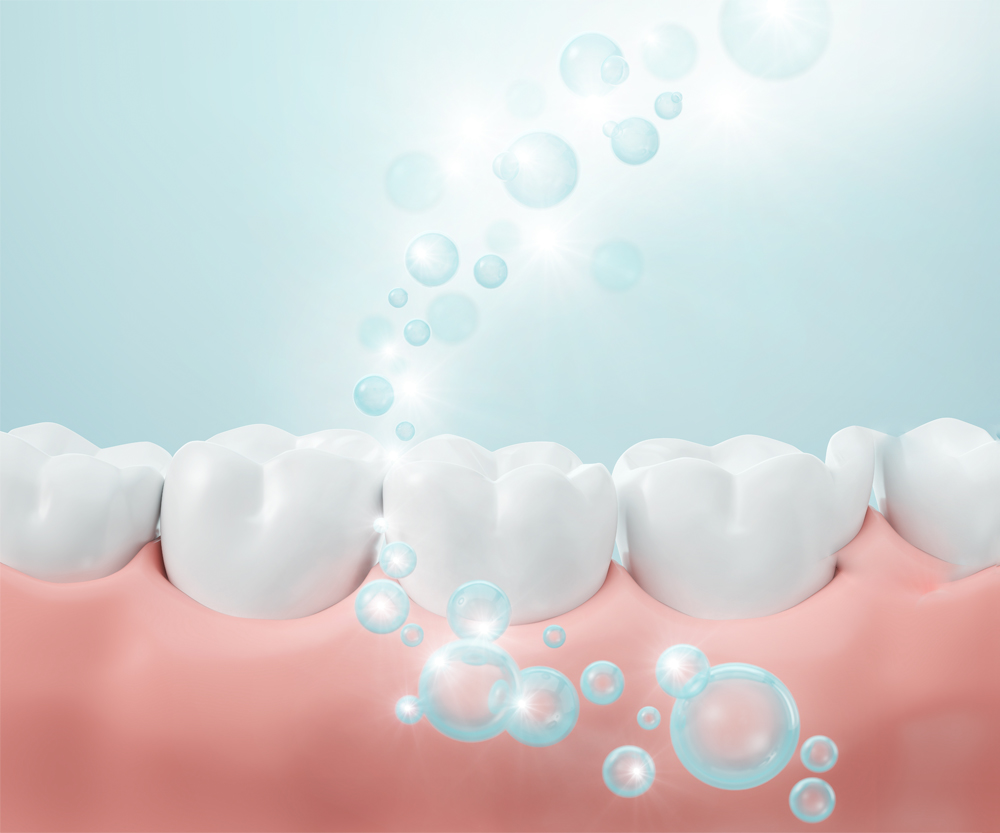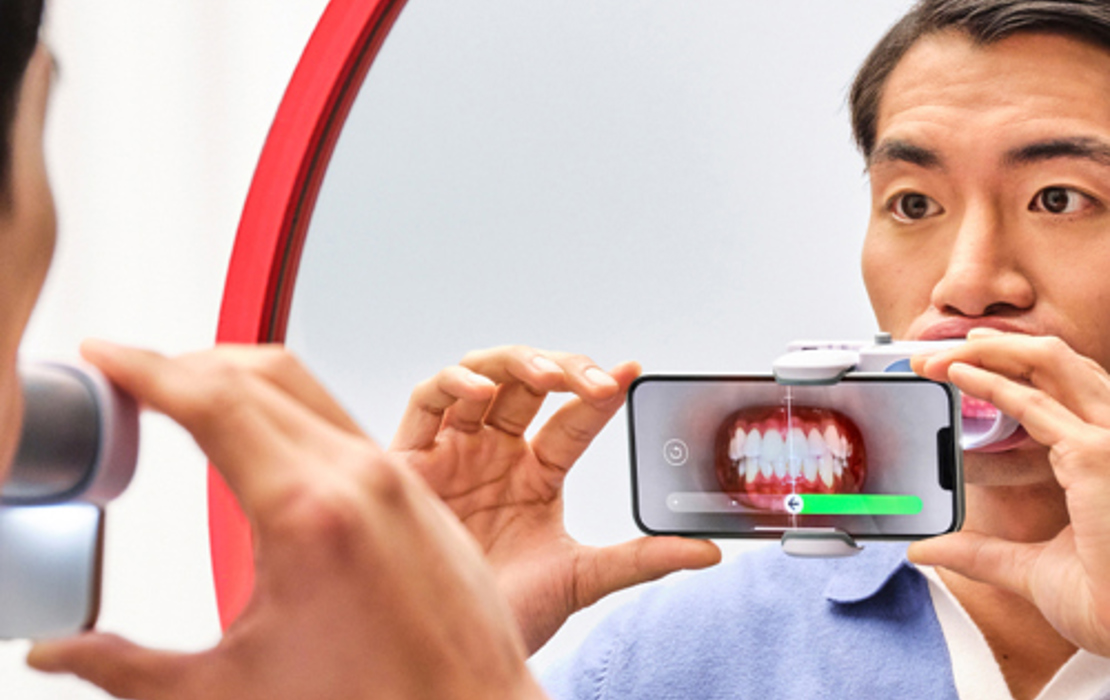Utah city defeats ballot measure to remove fluoride from drinking water
‘The coalition was a group of amazing people that made this win a reality’

It wasn’t even close.
In late November, residents of the northern Utah municipality of Brigham City voted overwhelmingly to keep fluoride in their water.
Proposition 3 in the special election would have removed fluoride from the drinking water in the town of 20,000 people 50 miles north of Salt Lake City, known for its annual Peach Days festival the weekend after Labor Day.
“The coalition was a group of amazing people that made this win a reality,” said Johnny Johnson, Jr. D.M.D., president of the American Fluoridation Society. “The team includes professionals from academia, the Utah Dental Association and a very broad coalition of people who make up this group. The local health care professionals, citizens and the media were key in getting this across the finish line.”
The ballot question in the special election was placed in the first place not because of any anti-fluoride activism, but because it was potential option of cutting costs due to financial pressures on the city, said fluoride proponent Randell M. Capener, D.M.D., a Brigham City dentist.
“It was misguided attempt,” Dr. Capener said of the city’s officials. “It wasn’t done out of evil.”
He said he can easily tell the difference between the oral health of patients who live in Brigham City and those who live nearby who don’t receive the dental benefits of fluoridated water.
As for his advocacy, he said, “We felt that we owed it to our patients. It’s a no-brainer.”
The Utah Oral Health Coalition, based in Salt Lake City, was instrumental in educating the public and calling on activists to defeat the measure.
“It’s a great community,” said Lorna Koci, program director and chair of the Utah Oral Health Coalition. “We got the word spread.”
As soon as the ballot measure was announced earlier in the year, Ms. Koci said, the coalition plastered flyers all over the area touting the benefits of fluoridated water. Dentists like Dr. Capener called on colleagues to educate patients about the measure and the benefits of fluoridation at each and every dental visit in the months prior to the election. A steady stream of dentists showed up to council meetings to advocate for keeping fluoride in the community water, which had been in place since 1965.
Dr. Johnson and Matt Jacobs, communications consultant to the American Fluoridation Society who also has served as an advisor to the American Academy of Pediatrics Section on Oral Health, traveled to Brigham City in late July to meet with the mayor of Brigham City and a reporter for the local newspaper, the Box Elder News Journal. The two also met with Ms. Koci and other stakeholders to teach them how to campaign successfully for fluoride based on past efforts and what to tell patients.
“Matt and Johnny were very helpful,” Ms. Koci said.
Letters to the editors soon started appearing in the Box Elder News Journal from concerned citizens.
“I’m not sure why it is even on the ballot,” wrote Sarah Yates of Brigham City. “Fluoridation of our water costs less than $100,000 annually, a drop in the bucket — forgive the pun — in our city budget. Water is something used by almost 100% of the population. There are people who drink only bottled water, but that isn’t the case for most low-income families with young children, who don’t buy something in a plastic bottle that they can get through their kitchen faucet.”
Lynette Schwinn, also of Brigham City, wrote, “At the age of 20 I lived where there was no fluoride in the water. I was told by an area dentist that by the age of 35 I would lose my teeth. I moved to Brigham City more than 50 years ago and due to fluoride in the water, I still have my teeth … So, I’m saying, keep the fluoride. I like my teeth.”
One letter to the editor against fluoride in the water appeared in the paper, but it was prefaced with an editor’s note: “This letter contains information that is inaccurate, disputed by experts and/or credible authorities, and/or commits errors of context/omission. Reader discretion is advised.”
Once the measure was defeated, Ms. Koci said she felt emboldened by the swelling enthusiasm of people of the coalition. She noted that only 52% of the people in Utah receive fluoridated water — more than 20 percentage points lower than the national rate.
“It’s nuts with all of the children here,” she said.
The ADA recognizes the use of fluoride and community water fluoridation as safe and effective in preventing tooth decay for both children and adults.
Jessica Robertson, D.M.D, vice chair of the ADA Council on Advocacy for Access and Prevention, said she was excited that Brigham City and their residents will continue to have fluoride in their water.
“This will help families from all walks of life have an opportunity to decrease their chances of getting cavities,” she said
For more information on fluoride in water, visit ADA.org/fluoride.



